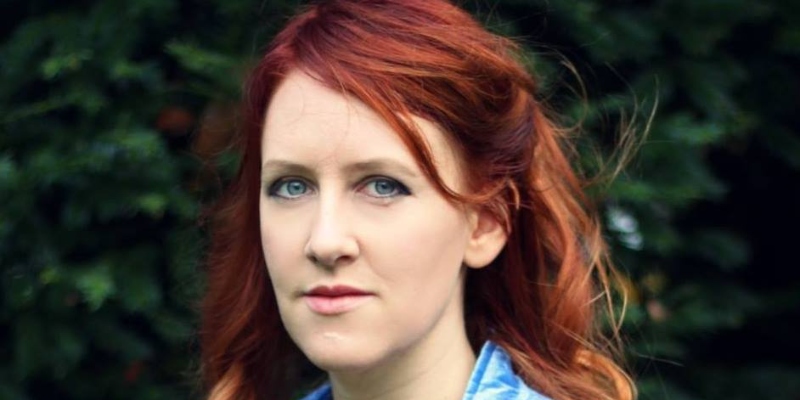
Themes of gender and sexuality help contribute to a fresh, modern feel to the story despite its historical elements, combining beautifully with the more traditional elements that tie in with the ballad, from religion and spirituality to the complex dynamics within families and cultures. The most compelling of the sisters is Keyne, whose search for place and identity is defined by his transmasculinity and the way the world sees him, a subject which Holland handles with finesse and blends effortlessly into both the narrative and the context of the setting.



Structured into relatively quick, pacy chapters, the viewpoint rotates across the three sisters, giving different perspectives on the events of the plot and the relationships within the family. Central to the story are the three sisters – Riva, Keyne and Sinna – each with their own skills and struggles, and the culture clash between Dumnonia’s ancient pagan beliefs and the increasing power of Christianity as exemplified by the sinister presence of crow-like priest Gildas. Holland weaves the central themes of the ballad (I won’t give details, for risk of minor spoilers) in with elements of Arthurian legend and British history, and while some of the characters here will be familiar to those with an interest in 6th Century British history, the various influences are all bound together into a gripping story with its own unique identity. If you haven’t come across them before, murder ballads are particularly dark traditional folk songs all revolving around death ( see here for more details), with a rich history of reinterpretation, and in this case it’s The Twa Sisters that loosely forms the basis of Sistersong.

As the danger of Saxon invasion grows and the fortunes of the kingdom fade, the sisters are each faced with choices that will have significant consequences for themselves, their family and their people. In the kingdom of Dumnonia, the three daughters of King Cador each search for their place in life and in their family, while war gathers on the horizon and their father’s connection to the land and its magic wanes as the Christian church gains power. Retelling a traditional murder ballad in the shape and style of an epic fantasy, Lucy Holland’s Sistersong is a fascinating, evocative and at times shockingly dark tale of family, magic, faith and suppressed voices set in post-Roman Britain.


 0 kommentar(er)
0 kommentar(er)
